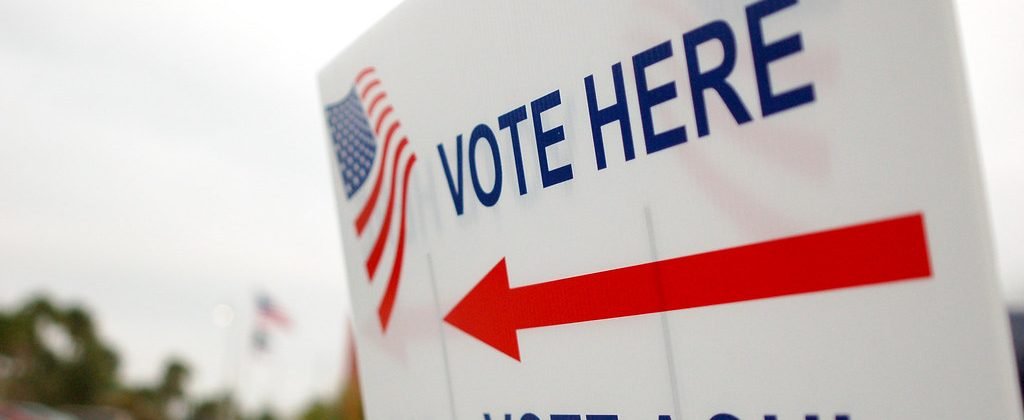

In a recent piece at The Atlantic, historian Geraldo Cadava debunks the myth of the “Latino vote.” Here is a taste:
Americans of all races are engaging in debates about our national origins because we sense that something is broken. I admire how the 1619 Project, from The New York Times, challenged us to reconsider U.S. history, with slavery and its afterlives as the cornerstone. One problem with the project, though, and with the Trump administration’s answering 1776 Commission, is that the framing of each reinforces a Black-versus-white vision of American history. Addressing the legacy of slavery is vital. But adding Latino history (itself, in part, a history of slavery) to the story of American origins would help us think in brown, the color of “impurity,” as the writer Richard Rodriguez described it some 20 years ago.
America has always been many things at once. If we limit our understanding of the nation’s beginnings to the British colonies, then how could Latinos and members of other groups be anything besides outsiders and latecomers who should be compelled to assimilate? The slogan “America is a nation of immigrants” is supposed to make us feel included. But we are all original Americans, and we all shaped the United States before there was a United States.
By recounting this long history, I am not trying to suggest what Latinos should believe. I am only saying that when we vote, we aren’t just casting ballots about health care or education policy. We are expressing political identities that have evolved over centuries—for and against expanding empires and nation-states; for and against more radical forms of egalitarianism—in ways that don’t always fit neatly into the rhetoric of the left-right divide.
This is why many Latinos support tougher border controls to limit the influx of undocumented immigrants, whom they may see as threatening their own privileges or sense of belonging as U.S. citizens. It is why many find the Republican Party’s emphasis on love of country so appealing.
Understanding this history won’t allow anyone to predict “the Latino vote” with pinpoint accuracy. But it would at least help free us from the myth that Americans vote according to ahistorical ideas of inherited guilt or innocence. And it should remind us that we are in some way bound to one another—that for better or worse, what it means to be Latino and what it means to be American are intertwined.
Read the entire piece here.